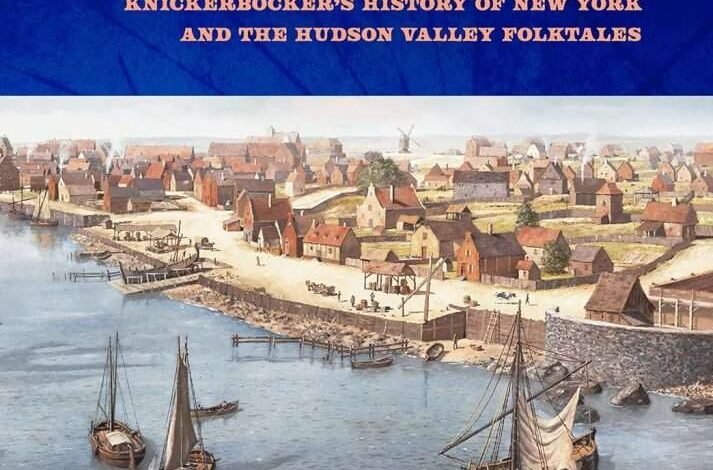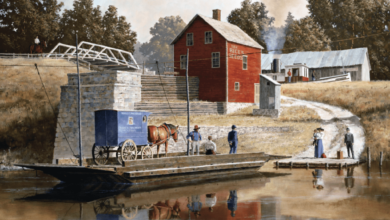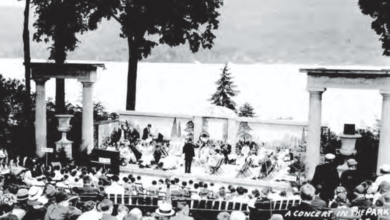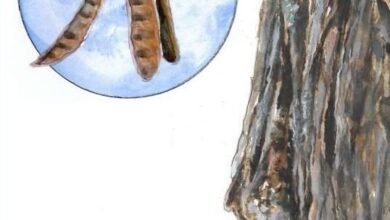The Dutch World of Washington Irving


 In December of 1809, before finding fame with “Rip Van Winkle” and “The Legend of Sleepy Hollow,” Washington Irving (1783-1859) published his satirical A History of New York, from the Beginning of the World to the End of the Dutch Dynasty under the pseudonym Diedrich Knickerbocker.
In December of 1809, before finding fame with “Rip Van Winkle” and “The Legend of Sleepy Hollow,” Washington Irving (1783-1859) published his satirical A History of New York, from the Beginning of the World to the End of the Dutch Dynasty under the pseudonym Diedrich Knickerbocker.
In her book The Dutch World of Washington Irving (Cornell Univeristy Press, 2025) Elisabeth Paling Funk explains that the History of New York and the Hudson Valley folktales that followed were part of an early trend of responding to the national desire for a historical record.
Funk argues that these works uniquely describe this part of the American scene in the period of the Early Republic and bring forward the Dutch strain in its history and culture.
Washington Irving was the son of immigrants, born in Manhattan during the same week in 1783 that New Yorkers celebrated the ceasefire ending the American Revolution and named after George Washington.
As historian Kieran O’Keefe notes, “In many Albany, Dutchess, and Ulster county communities, Dutch was spoken more frequently than English at the time of the Revolution. Kingston kept its town records in Dutch until 1774.”
“The Dutch language was also common among black New Yorkers. Runaway slave advertisements frequently said that the enslaved spoke Dutch, and Sojourner Truth, who was born into slavery in Ulster County in 1797, grew up speaking Dutch as her first language,” O’Keefe relates.
Dutch was spoken in New York State into the early 20th century, and Dutch words – like cookie, stoop, and boss – are still with us.
Funk explores what the young Irving would have read, heard, and observed during his early life and career in the city of New York, once part of the former colony of New Netherland, where he was surrounded by Dutch-speaking neighbors and relatives and Dutch literature.
Based on these sources, The Dutch World of Washington Irving argues that Irving’s Knickerbocker works — not only his History but also his Hudson Valley stories — represent a crucial effort to preserve Dutch life and folk customs in the Hudson Valley in the face of Anglo-Americanization.
Providing the first complete glossary of Irving’s Dutch vocabulary and drawing on untranslated Dutch sources, Funk offers cultural historians, scholars of American folklore and literature, and the latest generation of Irving’s readers unprecedented access into the Dutch world of Washington Irving and his American contemporaries.
Born in the Netherlands, Elisabeth Paling Funk received her PhD from Fordham University, taught English at the university level, and is now a translator, editor, and independent scholar. She lives in the Hudson Valley.
Book Purchases made through this Amazon link support the New York Almanack’s mission to report new publications relevant to New York State.
See more new books HERE.
Source link




